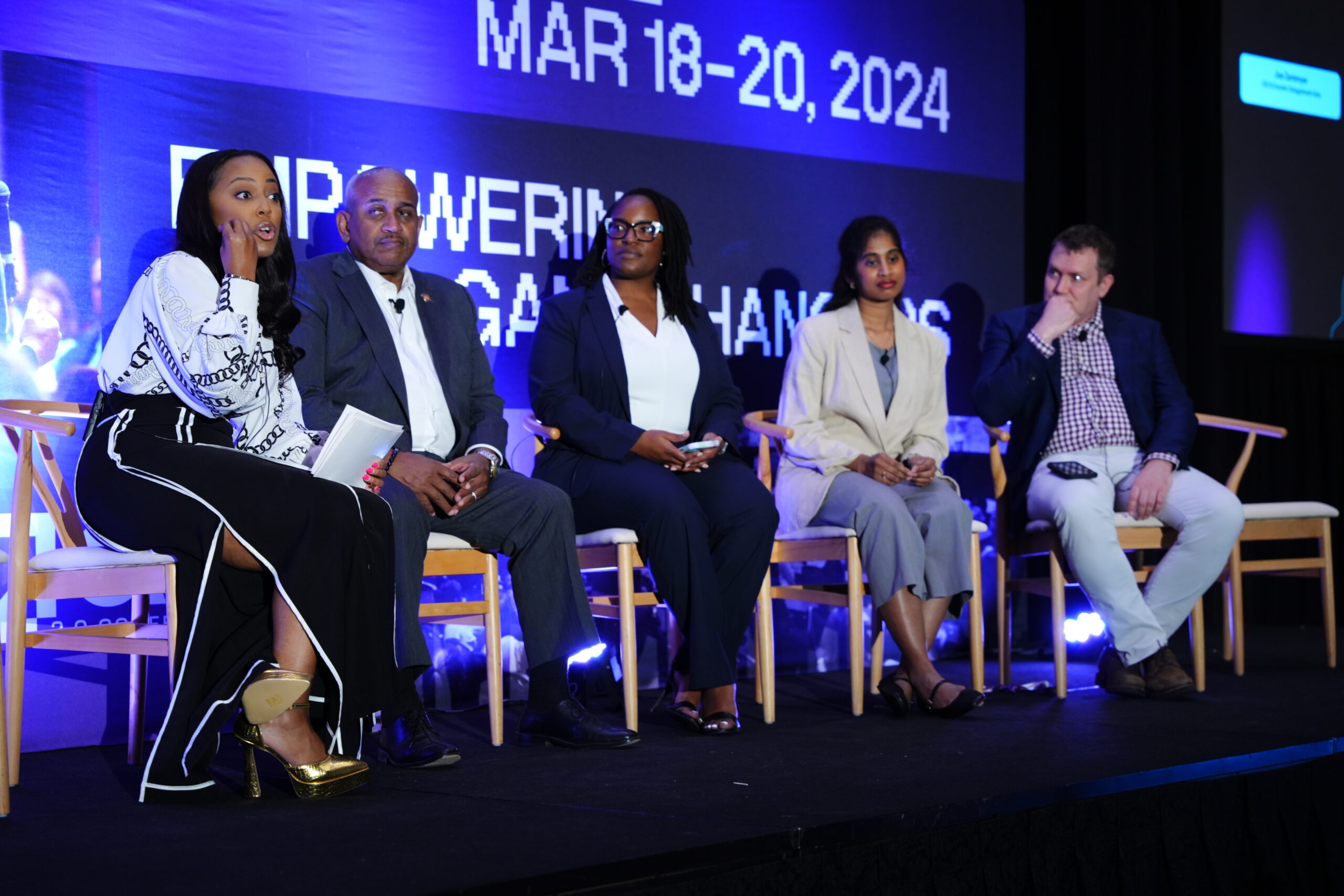
In a world where the speed of delivery can make or break a business, mastering last-mile efficiency is not just an option—it’s a necessity. This intricate challenge demands a deep dive into the logistics intricacies, ever-changing customer demands, and the swift adoption of tech innovations. For those steering the ship—executives, experts, and leaders in the field—the path to success is through continuous growth and learning.
Insightful engagements at upcoming conferences for senior leaders, like the CXO 2.0 Conference, play a pivotal role in this journey. This blog delves into strategies for optimizing last-mile delivery, offering valuable insights that can redefine competitive edges in the fast-paced marketplace. Readers can expect to gain actionable knowledge that bridges theory with practical, industry-leading solutions.
Table of Contents
Introduction To Last-Mile Delivery Challenges
Navigating the complexities and escalating costs of last-mile delivery is a formidable challenge, especially with the exponential growth of e-commerce and the heightened expectations for swift, dependable service. This crucial phase of logistics demands significant resources, yet it remains essential for ensuring customer satisfaction and cultivating loyalty.
As the domain continues to evolve, the importance of leaders coming together to share insights and solutions cannot be overstated. Engaging in dialogue and learning at industry gatherings, particularly at a forthcoming leadership event in the USA, will be key for those aiming to enhance their last-mile delivery strategies. Such events represent invaluable opportunities for leaders to exchange pioneering ideas and best practices, setting the stage for the next wave of innovation in delivery logistics.
Leveraging Advanced Analytics & Data-Driven Insights
Leveraging advanced analytics and insights driven by data marks a significant advancement in refining delivery operations. By applying predictive analytics and machine learning, companies can accurately forecast demand, facilitating smarter decisions in route planning and vehicle allocation. This not only trims down delivery times but also significantly cuts operational expenses. Moreover, these technologies offer a dynamic approach to managing logistics, enabling real-time adjustments that further enhance efficiency and responsiveness to market changes. This strategic application of data science transforms how businesses approach the critical last mile, optimizing every step for peak performance.
Embracing Autonomous And Electric Vehicles
The shift towards autonomous delivery vehicles and electric fleets signifies the industry’s commitment to sustainability and operational efficiency. This transition, while promising, introduces various challenges, such as the need for new infrastructure and navigating complex regulatory landscapes. Emphasizing the role of continuous learning and strategic partnerships becomes crucial in overcoming these obstacles. Collaborating with technology innovators and participating in industry-wide dialogues are essential for leaders seeking to lead their organizations through these transformative times, ensuring they are well-equipped to tackle the future of sustainable and efficient delivery.
Innovations In Delivery Models And Fulfillment Strategies
The adaptation of delivery models to incorporate crowdsourced delivery and the strategic use of micro-fulfillment centers are revolutionizing last-mile logistics. These innovative approaches not only streamline operations but also significantly increase agility, enabling companies to meet customer demands more efficiently. When integrated with omnichannel strategies, these models ensure a seamless and satisfying customer experience across all touchpoints. This fusion of flexibility and efficiency is key to maintaining competitive advantage in the fast-paced world of e-commerce and retail logistics.
Enhancing Customer Experience And Personalization
In the current competitive landscape, personalizing the delivery experience is paramount for boosting customer loyalty and engagement. Businesses are increasingly leveraging flexible delivery options, enhanced communication, and the innovative use of IoT technologies to tailor services to individual customer needs. As organizations seek to distinguish themselves, the significance of attending conferences for senior leaders in the near future will grow. These gatherings will provide unparalleled insights and networking opportunities, enabling leaders to deepen their understanding and refine their delivery strategies to better meet and exceed the evolving expectations of customers.
Collaboration And Strategic Partnerships
Building strategic partnerships with technology providers and key stakeholders is critical for enhancing last-mile delivery capabilities. These collaborative efforts enable the sharing of resources and spur innovation, driving businesses closer to their operational efficiency objectives. By uniting strengths, companies can access advanced technological solutions and leverage collective expertise, significantly improving delivery speed, reliability, and cost-effectiveness. Such partnerships are instrumental in navigating the complexities of last-mile logistics, ensuring a competitive edge in the rapidly evolving delivery landscape.
Sustainability And Environmental Considerations
As the drive to minimize environmental footprints intensifies, sustainable practices and innovative delivery methods such as drones and robots are becoming more prevalent. This shift towards eco-friendly logistics is a response to both environmental concerns and a rising consumer preference for sustainability. The insights from future leadership events in the USA, like the CXO 2.0 Conference, will play an essential role in guiding businesses to adopt greener logistics strategies effectively.
Talent And Workforce Development
Investing in the workforce by promoting upskilling and cultivating an innovative culture is essential for mastering the intricacies of last-mile delivery. Encouraging teams to embrace continuous learning and adaptability prepares them to tackle the unique challenges of this sector. Such efforts are crucial for cultivating a forward-thinking team capable of navigating the dynamic landscape of logistics and delivery, setting the stage for sustained success and innovation.
Seize The Future Of Last-Mile Delivery
The journey to optimize last-mile delivery encapsulates innovation, collaboration, and visionary leadership. Insights from participation in upcoming conferences for senior leaders, like the CXO 2.0 Conference, will equip leaders with the necessary knowledge and connections to steer their organizations toward greater efficiency and competitive advantage. As the field progresses, it’s critical to stay informed and engage in meaningful collaborations to leverage the full potential of last-mile delivery strategies, ensuring a commanding presence in the competitive marketplace.

